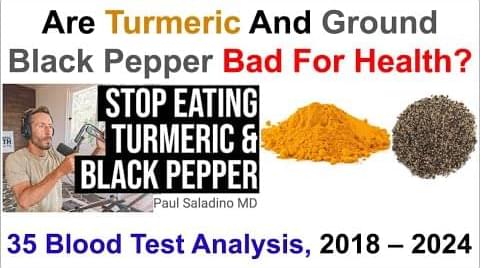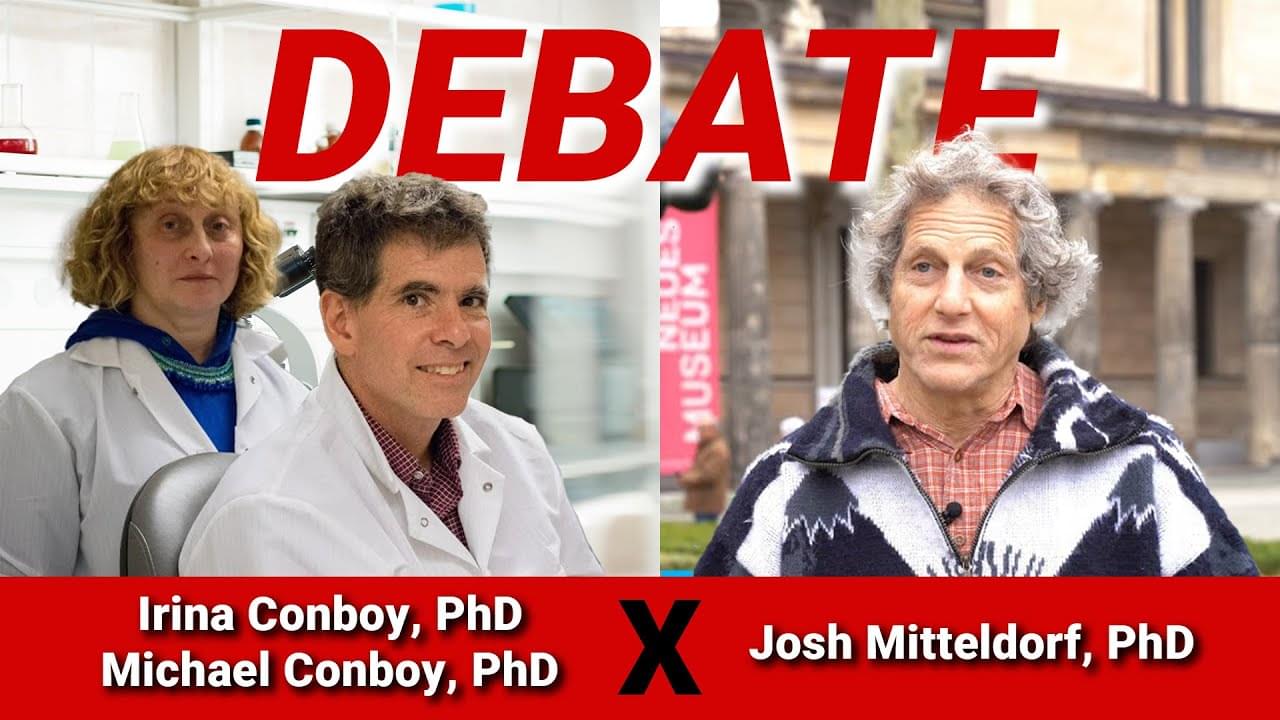
The following is a summary of “Emerging therapeutic frontiers in cancer: insights into posttranslational modifications of PD-1/PD-L1 and regulatory pathways,” published in the April 2024 issue of Hematology by Wang et al.
The intricate interplay between programmed cell death ligand 1 (PD-L1), expressed on the surface of tumor cells, and programmed cell death 1 (PD-1), expressed on T cells, constitutes a pivotal mechanism fostering immune evasion by tumor cells through the thwarting of effective tumor antigen-specific T cell activation. The advent of PD-1/PD-L1 blockade has emerged as a transformative strategy in combating tumor immune evasion, garnering substantial interest within the oncology landscape. Clinical investigations have underscored the remarkable efficacy and safety profile of PD-1/PD-L1 blocking antibodies across a spectrum of malignancies, offering a beacon of hope for patients.
Nonetheless, the therapeutic landscape of anti-PD-1/PD-L1 interventions is fraught with challenges, including limited indications and the emergence of drug resistance, necessitating a nuanced approach to therapeutic intervention. Accordingly, unraveling additional regulatory pathways and molecular players associated with PD-1/PD-L1 signaling assumes paramount importance, alongside the strategic implementation of combinational therapeutic modalities, to address the multifaceted dynamics of tumor immune evasion.


















